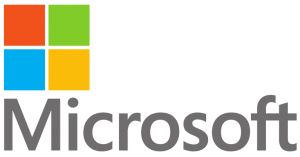Are you losing focus during the day and finding it hard to stay on task? All you need is 18 minutes set aside throughout the day to get back on track according to Peter Bregman, the CEO of Bregman Partners and author of 18 Minutes: Find Your Focus, Master Distraction, and Get the Right Things Done.
Here’s how to use this technique and get things done:
Take 5 minutes in the morning to get organized. This is your time to sit down and think about what you need to get done during the day. The key is to be realistic about what you can accomplish and what will make the day successful. Make a to-do list, then put those into a calendar or daily schedule you can follow.
Check in once an hour for a whole minute. Set an alarm every hour throughout the work day and take a minute to refocus. Have you been productive throughout the past hour? Are you on track to finish your daily to-do list? Taking a moment to breathe and evaluate the time you’ve worked so far can help you get back on track and prevents you from getting lost in the eight-hour work day.
Take 5 minutes in the evening to evaluate. Turn off your computer and put your work away, then review how the day went. Reflect on how you feel, what you learned and whether you finished everything that needed to get done. This reflection period can be helpful the next morning to be more realistic about can and cannot get done in a single day.
Need a little more help managing the work day? Next Step Academy has you covered with our “Time Management” course.







